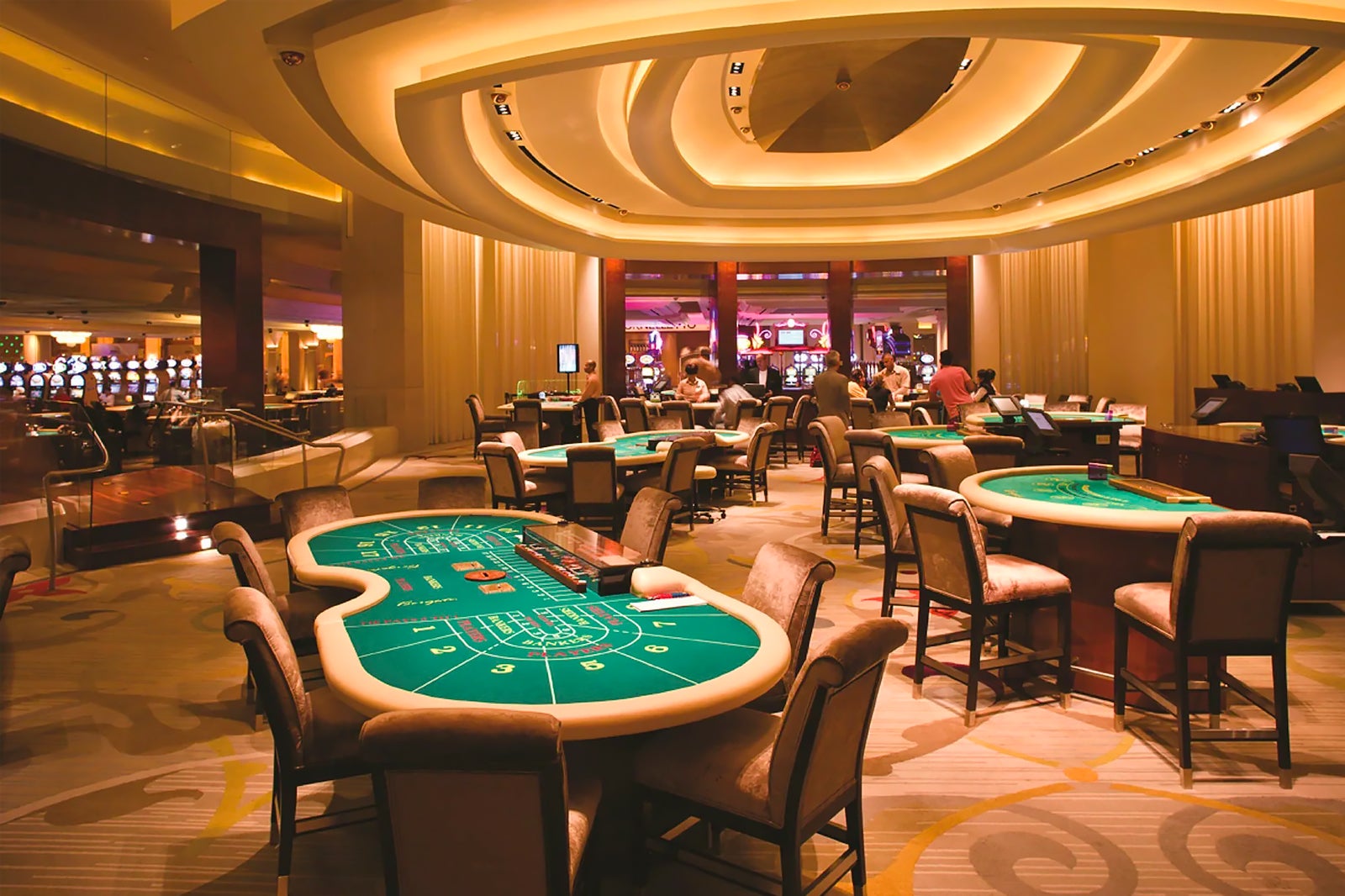
Gambling has been an essential part of human entertainment for thousands of years, developing through cultures and periods to become the exciting casino games we know today. From the ancient Chinese and Romans, who participated in multiple forms of gambling and luck, to the sophisticated gaming floors of contemporary casinos, the allure of risk and winning has captivated individuals across the globe. The shift from basic dice games and rudimentary betting setups to the opulent settings of modern casinos reflects considerable strides in both cultural standards and technological.
As cultures evolved, so too did the complexity of gambling activities, with casino games emerging as a unique category of entertainment and excitement. These activities have transformed from casual gatherings centered around traditional tables to sprawling, lavish establishments designed to lure players. Today, we explore this intriguing journey, studying how historical practices laid the foundation for the varied and thrilling casino activities that bring pleasure to millions worldwide.
spintax
Historical Wagering Traditions
Wagering has profound roots in human history, with proof of activities of chance tracing back to ancient societies. Archaeologists have found that as far back as 3000 BC, the people of China were using basic forms of gambling with dice made from bones. Similarly, ancient Mesopotamians engaged in betting activities, often relying on the tossing of lots or dice to determine winners. These early forms of gambling served not only as entertainment but also played crucial roles in social and cultural customs. slots non AAMS
The people of Egypt also were involved in gambling activities, with games that included betting on the outcomes of various events, including athletic events and spiritual festivals. Items such as dice and depictions of gamblers from ancient tombs demonstrate that betting was a common pastime. It provided both relaxation and a means of engaging in social interaction, often linked to joyful occasions or important gatherings. This activity demonstrated the universal appeal of chance and competition throughout history.
In ancient Rome, betting became a commonplace practice among the populace, as reflected by references in literature and the establishment of rules around certain activities. Romans enjoyed a variety of betting activities, from betting on horse races to playing games similar to modern-day board games. The legal structure surrounding these activities began to take shape, establishing the foundations for gambling regulations that would develop in the centuries to come. The popularity of betting during this period set the stage for the development of gambling house games in the future.
The Progression of Gambling Games
Casino games have experienced substantial transformations from their roots to the contemporary entertainment offerings. In ancient civilizations, gaming was often linked to ceremonial practices, with games of dice found in Mesopotamia and wagering on the outcomes of events in classical Rome. These early forms of gambling laid the foundation for the formal games we see today. The transition from informal gambling to organized games occurred as societies began creating rules and venues for wagering, demonstrating cultural values and practices.
The Middle Ages saw the emergence of card games, which gained popularity among European nobility. Games like the first and baccarat became mainstays in social gatherings. The development of printing technology additionally facilitated the spread of playing cards, making them more available to the general public. As gambling houses began to increase, these card games evolved into variations that appealed to wider audiences, eventually leading to the founding of casinos as specialized venues for gaming.
The 20th century marked a crucial point in the progression of casino games, with the ascendancy of commercial casinos in Vegas and other gaming hubs. This era introduced games like slot machines and modern versions of table games, complete with sophisticated graphics and detailed betting structures. The arrival of online casinos in the 1990s also transformed the gaming industry, allowing players to access a wide range of casino games from the comfort of their homes. Today, gambling games persist to develop, blending classic elements with advanced technology to create captivating experiences for players globally.
Modern Gaming Regulations
In these years, the landscape of gaming regulations has changed substantially, particularly as technology and internet-based gambling have become more prevalent. Governments around the planet have implemented numerous laws and guidelines to make certain that gambling activities are performed justly, with responsibility, and openly. These regulations often cover elements such as permits, marketing, gambler protection, and sensible gaming measures. Authorities aim to minimize problems such as gambling addiction and cheating while promoting a equitable gaming environment.
The emergence of internet gambling sites has necessitated a different approach to oversight. Many jurisdictions have set up specific internet-based gambling frameworks that serve online gambling, enabling operators to offer their services legally. These structures often demand operators to secure licenses, adhere to strict security protocols, and provide assistance options to help players. By closely supervising online activities, authorities can more effectively protect consumers from potential harm and ensure that gambling is conducted in a secure manner.
Additionally, modern gaming laws are progressively concentrating on responsible gaming initiatives. Many gaming establishments and internet-based platforms now implement features such as player exclusion, financial limits, and breaks to help players control their gambling habits. Awareness campaigns aimed at raising awareness about the risks of gambling are also widespread. As the industry continues to grow, the emphasis on sensible gambling continues to be a fundamental principle of governing efforts, showing a commitment to encouraging a safe and pleasant gaming experience for all gamblers.
